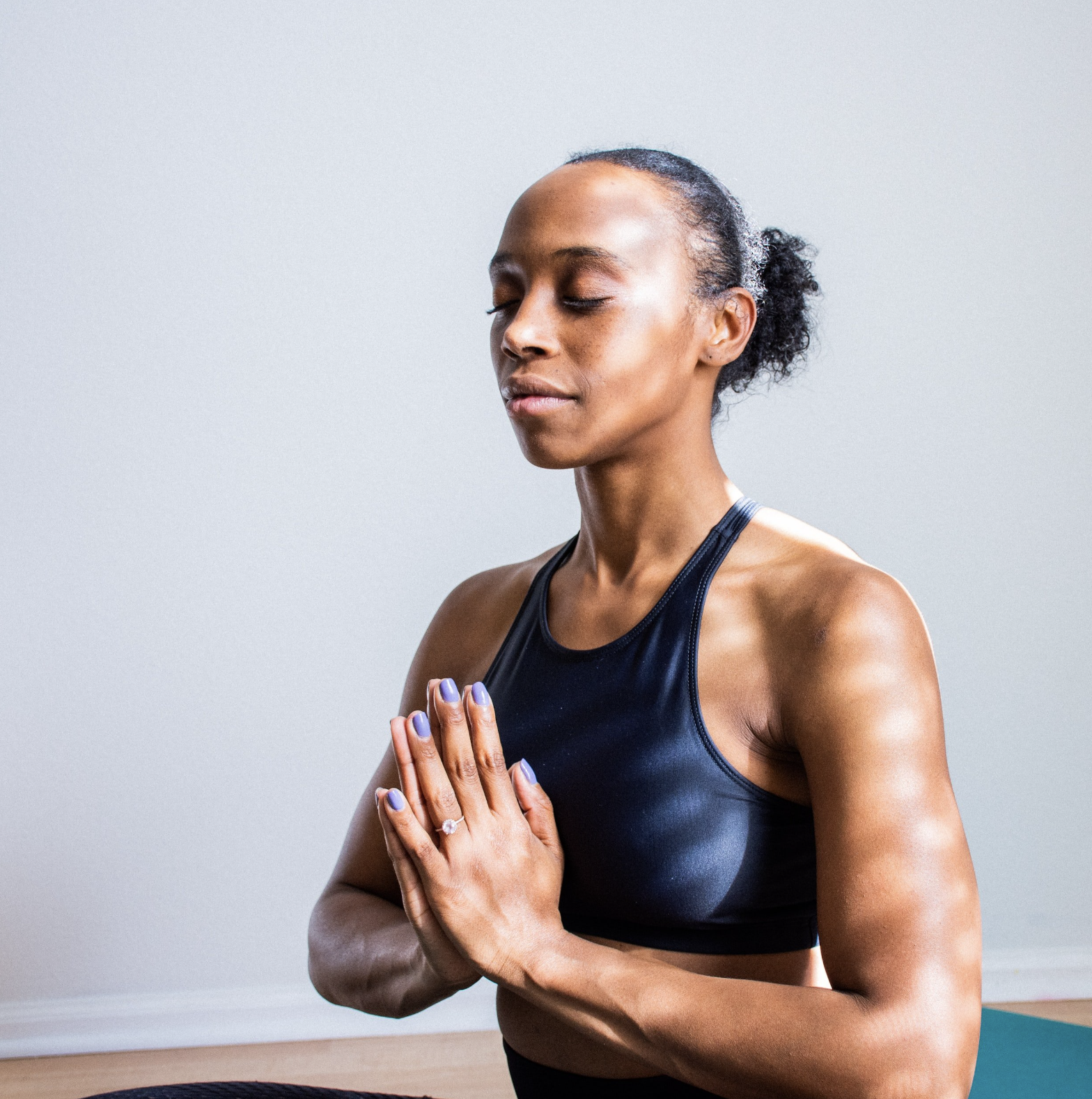
How Practicing Yoga Can Transform Your Mind and Body
I’ll be honest — I used to hate yoga.
Like, if you’d have told me 3 years ago on this date, March 10, 2020, right before the world went under, that I would not only be practicing yoga but also teaching and writing about it, I would have told you you were insane. Not no way, not no how.
Alas, here we are.
Yoga has been around for thousands of years and has seen increasing popularity in the Western world over the past few decades. It is an ancient practice that involves physical postures, breathing techniques, and meditation. It has numerous benefits for the body and mind, and can improve overall health and well-being.
Although there are some misconceptions around yoga — like you have to be flexible to do it (trust me, you don’t) — here are 10 of the best benefits practicing yoga can bring to your life.
1. Reduces Stress and Anxiety
One of the most common reasons people choose yoga in the first place also happens to be one of its most significant benefits: It reduces stress and anxiety. Yoga postures, breathing techniques, and meditation are all effective ways to calm the mind and relax the body. Practicing yoga regularly can help reduce levels of the stress hormone cortisol, which is responsible for the fight-or-flight response. Yoga also stimulates the production of serotonin, a neurotransmitter that helps regulate mood and promote feelings of well-being.
Studies have shown that yoga can be as effective as medication in treating anxiety and depression. A study published in the Journal of Clinical Psychiatry found that participants who practiced yoga twice a week for eight weeks experienced a significant reduction in symptoms of anxiety and depression.
2. Improves Flexibility and Strength
Another benefit of yoga is that it improves flexibility and strength. Yoga postures, also known as asanas, are designed to stretch and strengthen the muscles. This can improve overall flexibility and range of motion, which can help prevent injury and improve athletic performance.
Additionally, poses like Chaturanga Dandasana and Chair Pose require the practitioner to use their body weight as resistance, which can help build strength in the muscles. A study published in the Journal of Strength and Conditioning Research found that participants who practiced yoga regularly for 12 weeks experienced significant improvements in muscular strength and endurance.
3. Enhances Balance and Coordination
Yoga also helps enhance balance and coordination. Yoga asanas like Warrior 3 and Eagle Pose require balance and stability, which can help improve overall coordination and proprioception (the body's ability to sense its position in space).
In line with that, practicing yoga can improve the functioning of the vestibular system, which is responsible for maintaining balance and spatial orientation. A study published in the Journal of Geriatric Physical Therapy found that yoga can improve balance and reduce the risk of falls in older adults.
4. Boosts Immune Function
Yoga has also been proven to boost immune function by reducing stress and inflammation in the body. Chronic stress and inflammation can weaken the immune system, making the body more susceptible to illness and disease.
A study published in the International Journal of Yoga found that yoga can improve immune function by increasing the production of antibodies and enhancing the activity of natural killer cells, which are responsible for fighting off viruses and other pathogens.
5. Promotes Heart Health
Yoga has also been shown to promote heart health. Regular yoga practice can lower blood pressure, reduce cholesterol levels, and improve overall cardiovascular health. This can help reduce the risk of heart disease, which is the leading cause of death worldwide.
A study published in the European Journal of Preventive Cardiology found that practicing yoga for at least one hour a week can significantly reduce the risk of developing heart disease. Yoga has also been shown to improve the functioning of the autonomic nervous system, which regulates heart rate and blood pressure.
6. Relieves Pain
If you have chronic pain, such as back pain, neck pain, and/or joint pain, yoga can also help alleviate that. A long list of postures — see anything in the Warrior Poses or anything involving a plank — are designed to stretch and strengthen, which can help reduce pain and discomfort.
In addition, yoga can help reduce inflammation in the body, which can exacerbate pain. A study published in the Journal of Pain found that practicing yoga for 12 weeks reduced pain and improved physical function in participants with chronic low back pain.
7. Improves Sleep
Those who suffer from sleep disorders like insomnia can see an improvement of sleep quality and duration by practicing yoga. Any sleep disorder can have a significant impact on overall health and well-being, which can lead to a range of health problems, including obesity, diabetes, and cardiovascular disease.
Since yoga reduces stress and anxiety, promotes relaxation, and improves overall physical health, practicing it can help you sleep. A study published in the Journal of Clinical Sleep Medicine found that participants who practiced yoga for eight weeks experienced significant improvements in sleep quality and duration.
8. Enhances Mind-Body Connection
Yoga is a holistic practice that emphasizes the connection between the mind and body. Practicing yoga can help improve body awareness and mindfulness, which can enhance the mind-body connection and promote overall well-being.
By encouraging practitioners to bring their gaze more inward, yoga can help improve emotional regulation and increase self-awareness, which can improve mental health and reduce the risk of developing mental health problems. A study published in the Journal of Alternative and Complementary Medicine found that practicing yoga can improve emotional regulation and reduce symptoms of anxiety and depression.
9. Improves Digestion
Yoga can also help improve digestion and reduce gastrointestinal problems. Postures like Triangle Pose and Chair Twist encourage twisting and lengthening of the spine, which can stimulate the digestive system and improve digestion.
Since yoga reduces inflammation, this can also aid in digestive issues. A study published in the International Journal of Yoga Therapy found that practicing yoga can improve symptoms of irritable bowel syndrome (IBS) and other gastrointestinal problems.
10. Increases Energy and Vitality
Finally, practicing yoga can help increase energy and vitality. Yoga postures, breathing techniques, and meditation can help improve circulation, stimulate the nervous system, and increase oxygenation to the cells, which can improve overall energy levels and vitality.
In addition, practicing yoga can help reduce fatigue and improve overall physical and mental well-being. A study published in the International Journal of Yoga found that practicing yoga for 12 weeks improved vitality and reduced fatigue in participants.
Final Thoughts
Yoga is an ancient practice that has numerous benefits for the body and mind. From reducing stress and anxiety to improving flexibility, strength, balance, and coordination, yoga can improve overall health and well-being. By promoting heart health, relieving pain, improving sleep, enhancing the mind-body connection, improving digestion, and increasing energy and vitality, yoga is a powerful tool for improving overall health and quality of life. Whether you are a beginner or an experienced practitioner, incorporating yoga into your daily routine can help you achieve optimal health and well-being.










